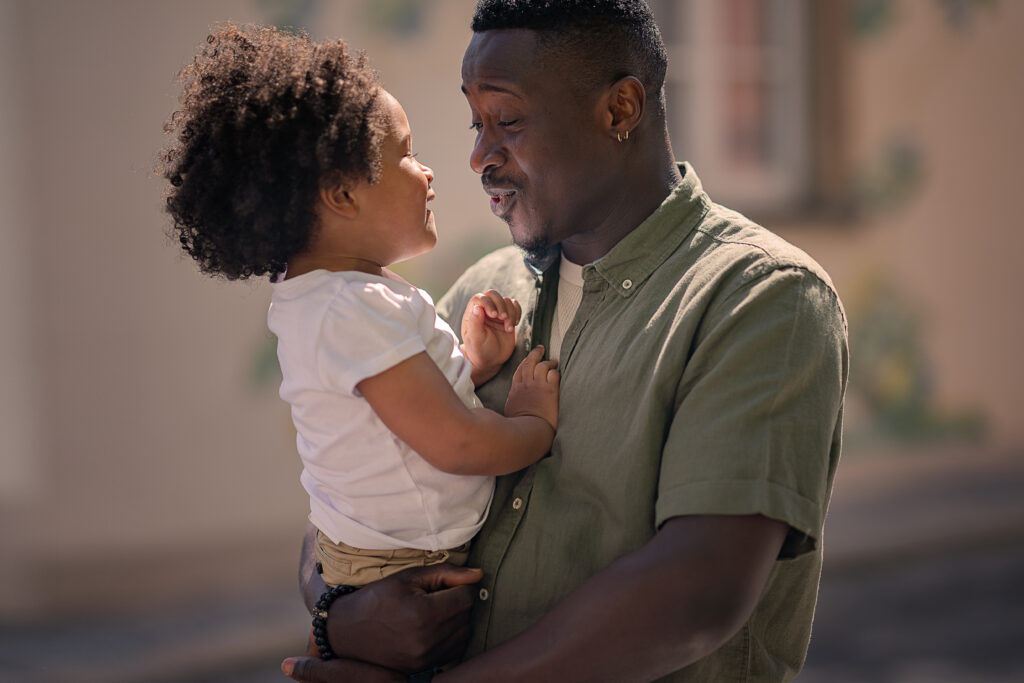Things to think about when talking to children about the UK Race and Islamophobic riots
Current events happening over the country are being played out over the UK media, the UK race and Islamophobic riots are scary and confusing for adults to make sense of, let alone children.
Many children may also be scared and confused as they may have directly witnessed something, seen it on the news or heard adults talking about it. If children are left with unanswered questions or the inability to express their concerns, they may worry about what impact the riots may have on themselves, their friends or family; and if you explain too much to children, they may be also left worried.
So, how do you have a conversation about the UK’s current situation in a way that is supportive to your child’s needs and helps them understand what is happening but doesn’t give them more to worry about?
Feelings
Understanding and acknowledging our own fears, feelings and perhaps biases in relation to the riots and trying to put them aside is important to do before talking to your child or young person objectively.
Approach the conversation calmly and listen to what the child has to say and what their concerns are, clarify what they already know by asking open ended questions like; ‘What have you heard?’, ‘How has it made you feel?’. Validate emotions and feelings regardless of what they are, as our objective is to create a safe space for your child to express their feelings honestly and openly. We can do this not only by talking through feelings with them, but perhaps through drawing or movement as an alternative option as well.
Monitor your child’s feelings and try to keep to as normal routine as possible. If a routine has to change due to threats of violence, then take this as an opportunity to start to have the conversation about the riots as well.
Where possible reassure your child and talk about all of the positive things that are in place to manage the situation, such as faith leaders, community groups and police coming together.
Exposure
Limit exposure to both mainstream and social media so that children are not being overly exposed to too much information about the riots, over exposure can be negative and have an impact on children’s mental health and make them feel anxious. Be careful of what children are seeing on social media as it has lots of misinformation on it that can generate fear and create a lack of empathy.
It is also worth being mindful about the conversations that are had in front of your child, as children pick up on adult’s views, fears, anger, and opinions which can also lead to anxiety or further confusion.
Answering Questions
Questions should be answered in a way that is appropriate for the child’s age and stage of development. When answering children’s questions, it is important to start by clarifying what children already know, this can be done with responses such as;
- What is your understanding of what’s happening?
- Tell me what you already know?
- Do you have any questions?
As with any information that is potentially traumatising, only give children as much information as they can emotionally handle, this is why it is important to establish what they know and what their concerns are, and respond to those, rather than giving them too much information.
We may also want to think about the kind of questions your child might ask and the type of answers we would like to give. It is also important to educate ourselves on what is happening and why and then explain it to children in a way that is honest and simple, but also appropriate for their age and stage of development.
Talking about what is happening and racism
Talk about what is happening currently and why it is happening in a way that is appropriate for your child’s age and stage of development (avoiding graphic details), whilst being mindful not to traumatise your child.
It is likely that your child knows more than you realise, but it is still important to clarify what they already know. It is also important to recognise that children of colour or those who have been directly exposed to the riots, are more susceptible to being negatively affected by recent events.
Explain what racism is and why violence is not okay in a way that is simple and easy to understand. As racism is a complex social construct which can be difficult to explain to children, the websites below help you explain it in a way that is helpful and simplified.
https://www.unicef.org/parenting/talking-to-your-kids-about-racism
https://www.open.edu/openlearn/education-development/how-do-children-learn-the-concept-race
https://www.savethechildren.org/us/charity-stories/tips-teach-explain-racism-to-children
If your child is struggling with current events, understanding racism, islamophobia or racial bulling, or you would like more detailed support, a conversation can be had with someone at the NSPCC or you can obtain more information from the websites below.
For children: 0800 1111
For Adults: 0808 800 5000
https://www.familyfund.org.uk/news/race-related-violence-across-the-uk/



